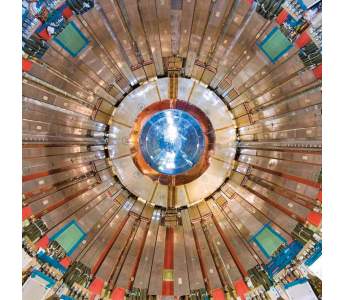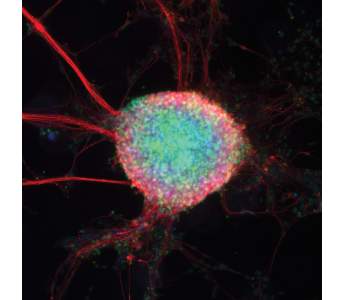The Weizmann Institute of Science is a basic research institute in the natural and exact sciences. The basic premise underlying all of its research is that its scientists are required, first and foremost, to follow their own curiosity. This has led to fascinating multidisciplinary research in every corner of the Institute and findings that often represent leaps in our understanding of the world.
280 research groups
190 staff scientists in research groups and core facilities
82 Outstanding principal investigators recruited since 2012
There are about 1,200 active competitive grants funding Weizmann research at any given time
70% success rate for European Research Council Starting Grants in 2017, the highest rate in Europe
Over the past decade, Weizmann Institute scientists have been awarded $875 million in competitive grants
$188 million in ERC grants in the past decade
1 Nobel Prize
35 Israel Prizes
3 Turing Awards
2 Japan Prizes
7 Wolf Prizes
#1 in European Research Council grants in 2018 as a percentage of total principal investigators
#6 on the Nature Index 2017 measuring how effectively basic research translates into applications
#9 in the international Leiden University 2018 ranking of scientific research impact
International collaborations are the lifeblood of modern science—partnerships that enrich scientific research at the Weizmann Institute of Science and beyond. Such collaborations include peer-to-peer initiatives, joint grants, and formal institutional collaborations.
850 Visiting scientists on campus per year
379 joint grants currently link Weizmann Institute labs to leading research institutions all over the world.
Weizmann Institute scientists collaborate with colleagues at:
Harvard Medical School (USA)
Memorial Sloan Kettering Cancer Center (USA)
Max Planck Institute (Germany)
University of Oxford (UK)
The University of Science and Technology of China
California Institute of Technology (Caltech) (USA)
École Polytechnique Fédérale de Lausanne (EPFL) (Switzerland)
University of Michigan (USA)
RIKEN Brain Science Institute (Japan)
Stanford University (USA)
Pasteur Institute (France)
The Garvan-Weizmann Centre for Cellular Genomics (Australia)
McGill University (Canada)
University of São Paulo (Brazil)
and more...

The David Lopatie Conference Centre and the Dimitris N. Chorafas Institute for Scientific Exchange host and support over 70 international conferences per year, solidifying the Institute's role as a global hub of scientific research.























